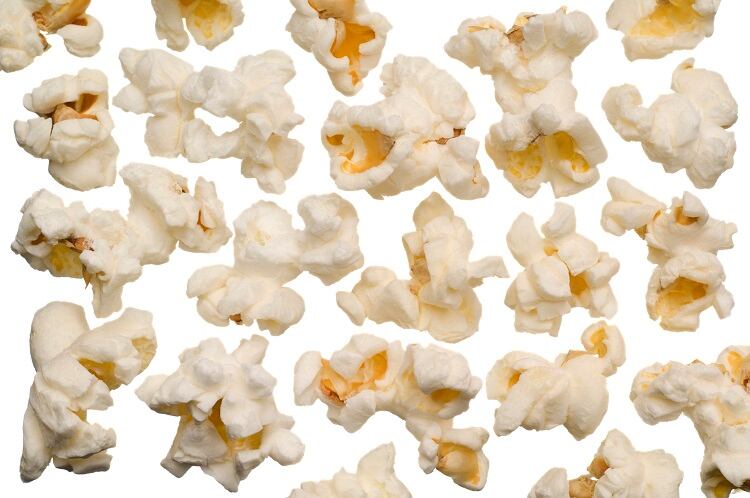Plastic pollution is a global problem, with an estimated eight million pieces of plastic pollution finding their way into the world’s oceans every year.
The packaging industry is the biggest purchaser of plastic products, buying close to 40% of all plastic sold.
To combat plastic pollution, modern packaging must do much more than simply meet requirements for transport, storage and presentation. According to researchers from Göttingen University in Germany, it must also be sustainable.
This means making environmentally friendly materials from renewable resources. The researchers believe it should also be sturdy enough to enable re-use, while being easy to recycle at end-of-life.
The Chemie und Verfahrenstechnik von Verbundwerkstoffen (chemistry and process engineering of composite materials) research group at Göttingen’s Faculty of Forest Sciences and Forest Ecology has turned its attention to popcorn.
The university believes popcorn – and more specifically, by-products of Cornflakes production – has the potential to make environmentally friendly alternatives to polystyrene or plastics.
The scientists have succeeded in developing three-dimensional moulded forms produced from ‘granulated’ popcorn. The granular materials come from renewable biological sources, is environmentally friendly, and sustainable. “It is therefore an excellent alternative to the polystyrene products used previously,” noted the university, adding that the new popcorn products also have water-repellent properties.
Head of the research group, Professor Alireza Kharazipour, said the new process – which is based on technology developed in the plastics industry – enables the production of a wide range of moulded parts.
“This is particularly important when considering packaging because it ensures that products are transported safely, which minimises waste. And this has all been achieved using a material that will even be biodegradable afterwards.”
Göttingen University has signed an exclusive licence agreement with the company Nordgetreide for the commercial use of the process and for the packaging sector.
“Each and every day we pollute our earth with an ever-increasing amount of plastic waste that will be burden on our eco-system for thousands of years,” said Stefan Schult, Managing Director of Nordgetreide.
“Our popcorn packaging is a great sustainable alternative to polystyrene which is derived from petroleum. The plant-based packaging is made from the inedible by-products of Cornflakes production and can actually be composed after use without any residue.”


